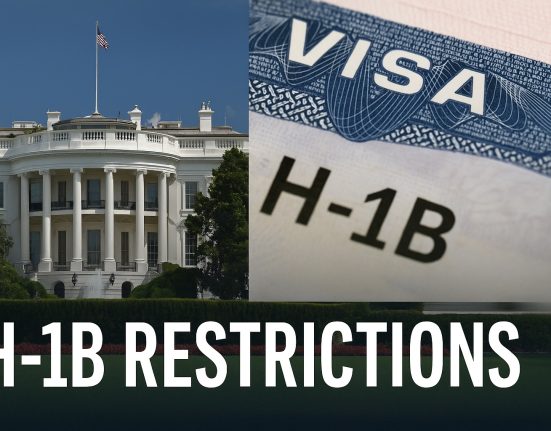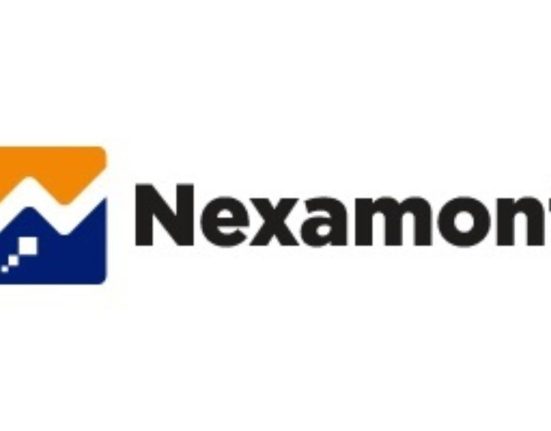LAGOS — Operators in the Bureau De Change (BDC) sector have raised concerns over the presence of what they describe as an “extremely large volume of unaccounted foreign exchange liquidity” circulating within Nigeria’s financial system. They insist that the forex market is being significantly influenced by unofficial inflows, which continue to distort pricing and undermine regulatory stability.
The operators, speaking under anonymity due to the sensitivity of the matter, noted on Wednesday, June 26, 2025, that while the Central Bank of Nigeria (CBN) has made considerable efforts to stabilise the exchange rate through reforms and harmonisation policies, vast sums of dollars remain outside formal monitoring frameworks, particularly within the parallel and unofficial channels.
“There is too much forex in the system that is not being tracked. The demand we are seeing at the retail level does not match the official supply, which means something big is happening off the radar,” one Lagos-based BDC operator said.
According to multiple stakeholders, foreign remittances, proceeds from oil bunkering, and other undocumented sources are flooding the informal market, making it difficult for regulators to control exchange rate fluctuations. They also allege that some commercial entities may be hoarding foreign currencies as a hedge against economic uncertainty.
The Nigerian Naira has continued to show marginal volatility despite ongoing interventions by the CBN, including rate unification, clampdown on illegal forex trading, and revised licensing policies for BDCs. Yet, the parallel market has remained active, with rates often diverging significantly from official windows.
Economists warn that the existence of unaccounted forex liquidity undermines confidence in monetary policy and creates room for market manipulation. They call for increased transparency, digital traceability of forex inflows, and stronger inter-agency collaboration between the CBN, EFCC, Customs, and NFIU.
In response, regulatory sources within the apex bank noted that investigations are ongoing to identify major sources of forex leakages, with a view to strengthening compliance requirements for forex dealers and improving foreign currency tracking across all sectors.
The Central Bank has yet to issue an official statement on the claims made by BDC operators, but industry watchers believe a review of current forex surveillance and enforcement tools may be imminent.







